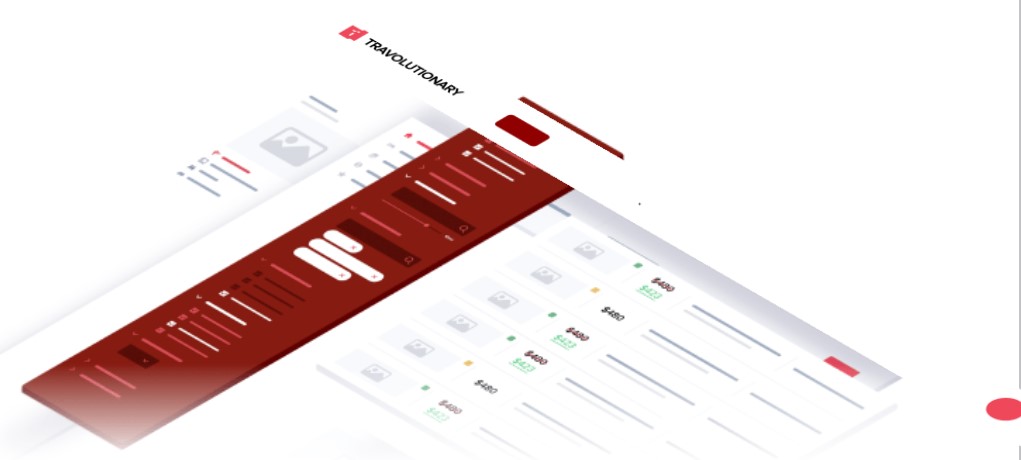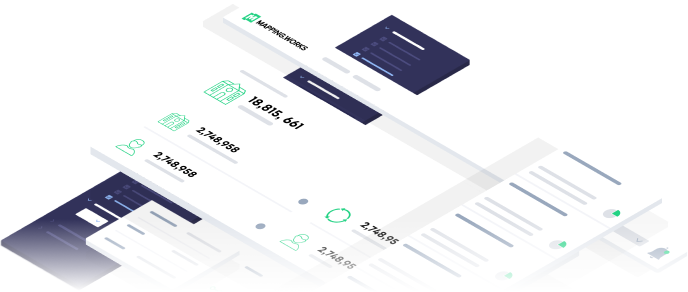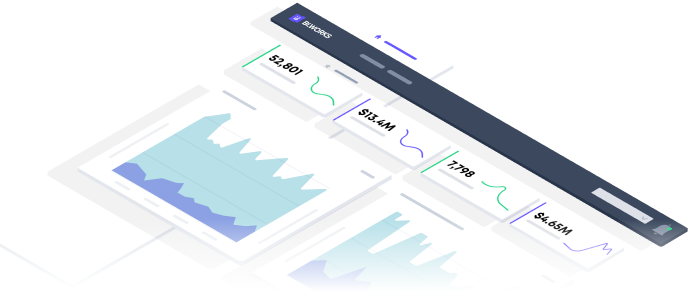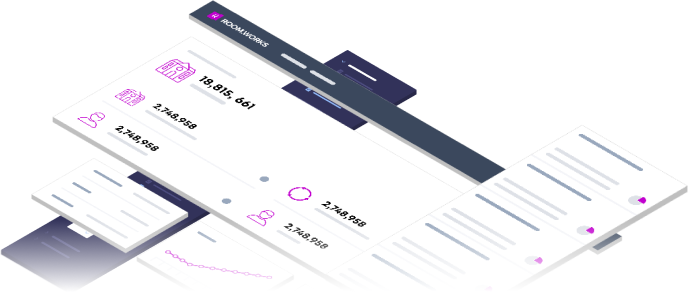What is Hotel Business Intelligence?
Hotel Business Intelligence is the use of data analysis tools, processes, and technologies in the travel industry, specifically within hotel management, to gather, analyze, and present relevant information for informed decision-making. BI in the hotel sector involves collecting and interpreting data from various sources to gain insights into key performance indicators (KPIs) and trends that can help hotel managers and stakeholders optimize operations, enhance guest experiences, and drive overall business success.
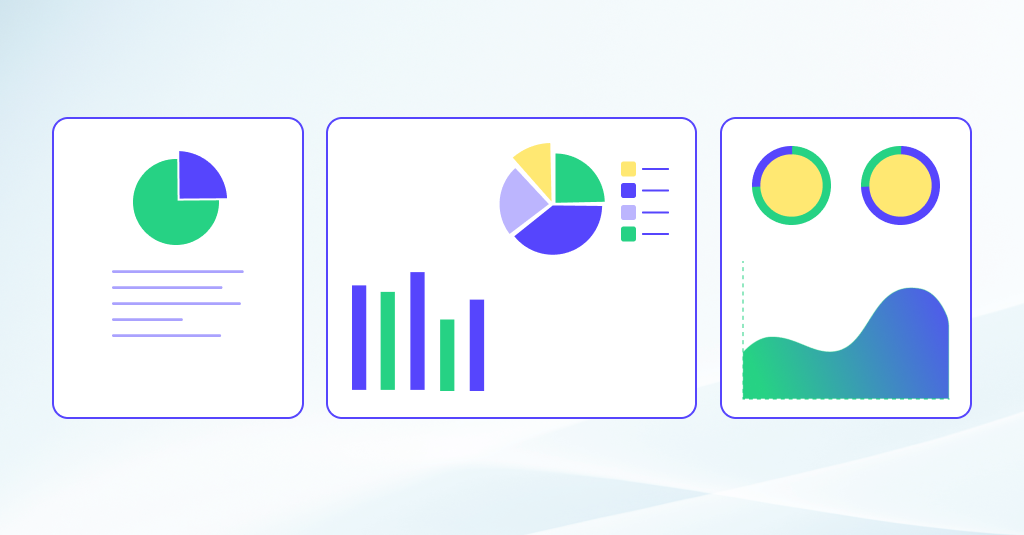
Key Aspects of Hotel Business Intelligence
Data Collection: Hotel Business Intelligence allows for the gathering of data from various sources, such as property management systems (PMS), customer relationship management (CRM) systems, online booking platforms, and other operational databases.
Data Integration: Combining data from different sources to create a comprehensive view of hotel operations. Integration may involve the use of data warehouses or other tools to bring together diverse datasets.
Data Analysis: Applying analytical techniques to examine data patterns, trends, and relationships. This analysis can include performance metrics like occupancy rates, revenue per available room (RevPAR), average daily rate (ADR), and other key indicators.
Reporting: Presenting insights in a visual and understandable format through dashboards, reports, and visualizations. This helps stakeholders easily interpret the data and make data-driven decisions.
Forecasting: Using historical data and statistical models to predict future trends in areas such as demand, pricing, and occupancy. Utilizing Hotel Business Intelligence in forecasting assists in proactive decision-making and resource planning.
Benchmarking: Hotel Business Intelligence involves comparing a hotel’s performance against industry standards or competitors. Benchmarking allows hotels to identify areas for improvement and set realistic performance goals.
Revenue Management: Utilizing BI to optimize pricing and revenue strategies. This includes dynamic pricing adjustments based on demand, market conditions, and competitor pricing.
Guest Experience Enhancement: Analyzing guest feedback, reviews, and preferences to identify areas for improvement and tailor services to meet customer expectations.
Operational Efficiency: Identifying inefficiencies in hotel operations and implementing strategies to improve processes, reduce costs, and enhance overall efficiency.
Market Intelligence: Monitoring trends in the broader hospitality industry, understanding market dynamics, and adapting strategies to stay competitive.
Conclusion
The application of Business Intelligence in hotels empowers decision-makers to make informed choices, allocate resources effectively, and stay ahead in a competitive market. It enables a more strategic and data-driven approach to hotel management, ultimately contributing to improved financial performance and customer satisfaction.

